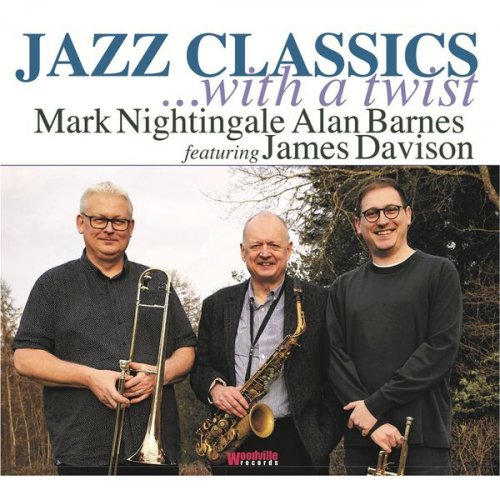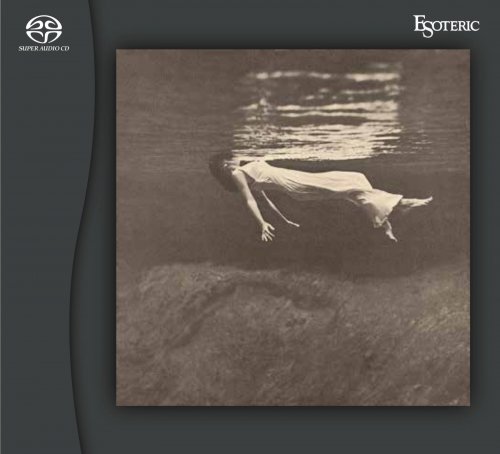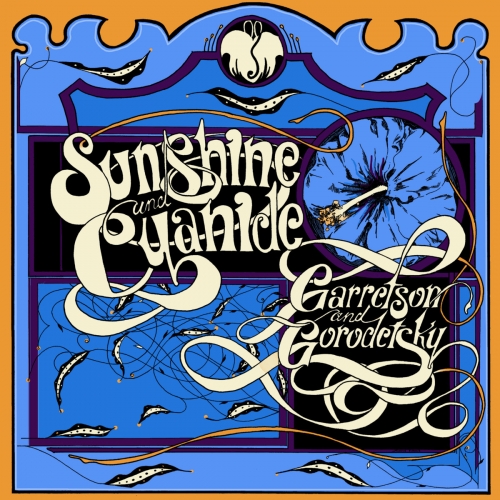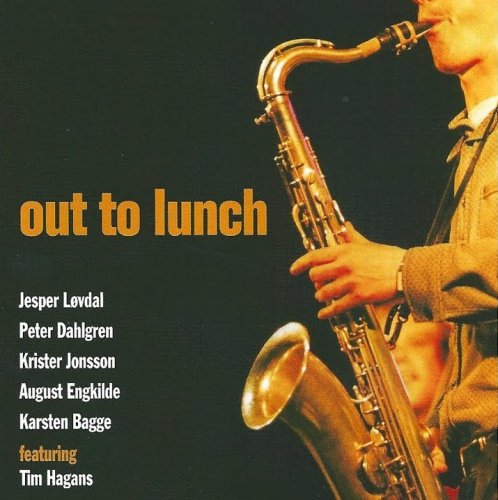John Butcher - Fixations (14): Solo Saxophone Improvisations 1997 - 2000 (2001)

Artist: John Butcher
Title: Fixations (14): Solo Saxophone Improvisations 1997 - 2000
Year Of Release: 2001
Label: Emanem
Genre: Jazz, Free Improvisation
Quality: FLAC (tracks+.cue, log, Artwork)
Total Time: 1:07:11
Total Size: 304 MB
WebSite: Album Preview
Tracklist:Title: Fixations (14): Solo Saxophone Improvisations 1997 - 2000
Year Of Release: 2001
Label: Emanem
Genre: Jazz, Free Improvisation
Quality: FLAC (tracks+.cue, log, Artwork)
Total Time: 1:07:11
Total Size: 304 MB
WebSite: Album Preview
01. Woodland Drift (3:11)
02. First Bottle (3:52)
03. Second Bottle (8:11)
04. Third Bottle (12:56)
05. Last Bottle (6:11)
06. The Train And The Gate Part 1 (4:21)
07. The Train And The Gate Part 2 (1:34)
08. Robusta (5:37)
09. Liberica (5:04)
10. Almost New (3:35)
11. Nearly Art (3:49)
12. Sinking Down (2:18)
13. Flag A Ride (4:11)
14. Clarence (2:22)
John Butcher is one of the leading lights in what might be termed the post-Evan Parker school of saxophone improvisers. While Parker elaborated on and extended to great lengths ideas derived in part from the playing of John Coltrane, musicians such as Butcher take the abstractions limned by Parker (among others) and go one or two steps further. One aspect of these players is to consider the saxophone more as a sound-producing combination of metal and reed and to uncover the multitude of sound that it can produce as an object, whether or not those sounds are obtained in traditional fashion. While Butcher, on this release, largely confines himself to breath-induced attacks (though the clacking of keys can also be a significant element), the range of sounds he's able to conjure up is astonishing. Each piece seems focused on a particular sonic territory and that area is wrung and investigated until almost dry. In this sense, his approach is similar to Braxton's solo studies where each composition is explicative of a particular "language," the grammar of which is set forth. Butcher, however, is further removed from jazz concerns and more directly involved with the physical nature of his instrument, especially its timbres. Some of these explorations might be seen in line with his prior career as a professor of physics, but if there were nothing more to his improvisations than experiments, the results may have been far drier than they turn out to be. In fact, Butcher combines this intellectual search with an extremely strong sense of musical structure and, in an odd way, melody, making for songs which carry a surprising emotional impact. Along with musicians like Michel Doneda and Bhob Rainey, John Butcher has been excavating new areas for saxophone improvisation that few even realized existed and doing so with both intelligence and beauty. Highly recommended for the adventurous listener.


![Double Drums, Philipp Jungk & Alexander Glöggler - All You Can Beat (2026) [Hi-Res] Double Drums, Philipp Jungk & Alexander Glöggler - All You Can Beat (2026) [Hi-Res]](https://www.dibpic.com/uploads/posts/2026-02/1771946421_folder.jpg)





